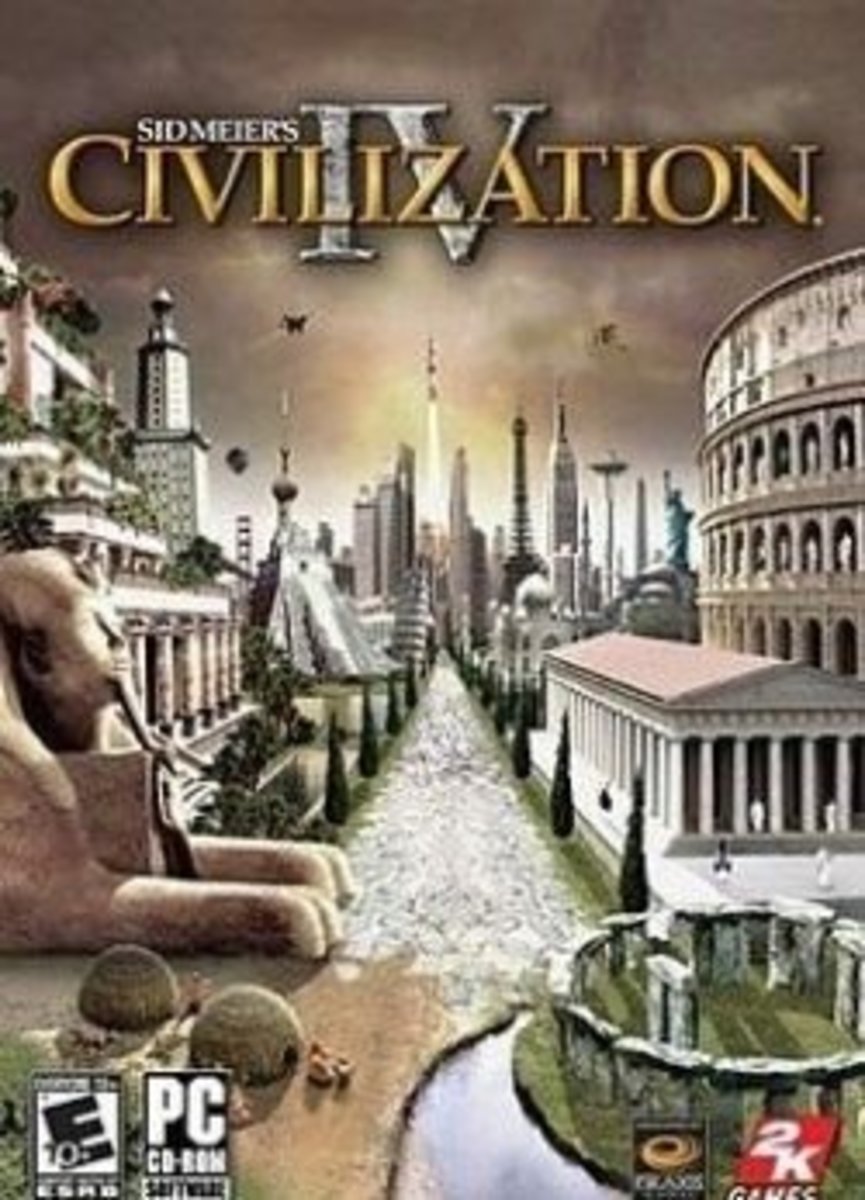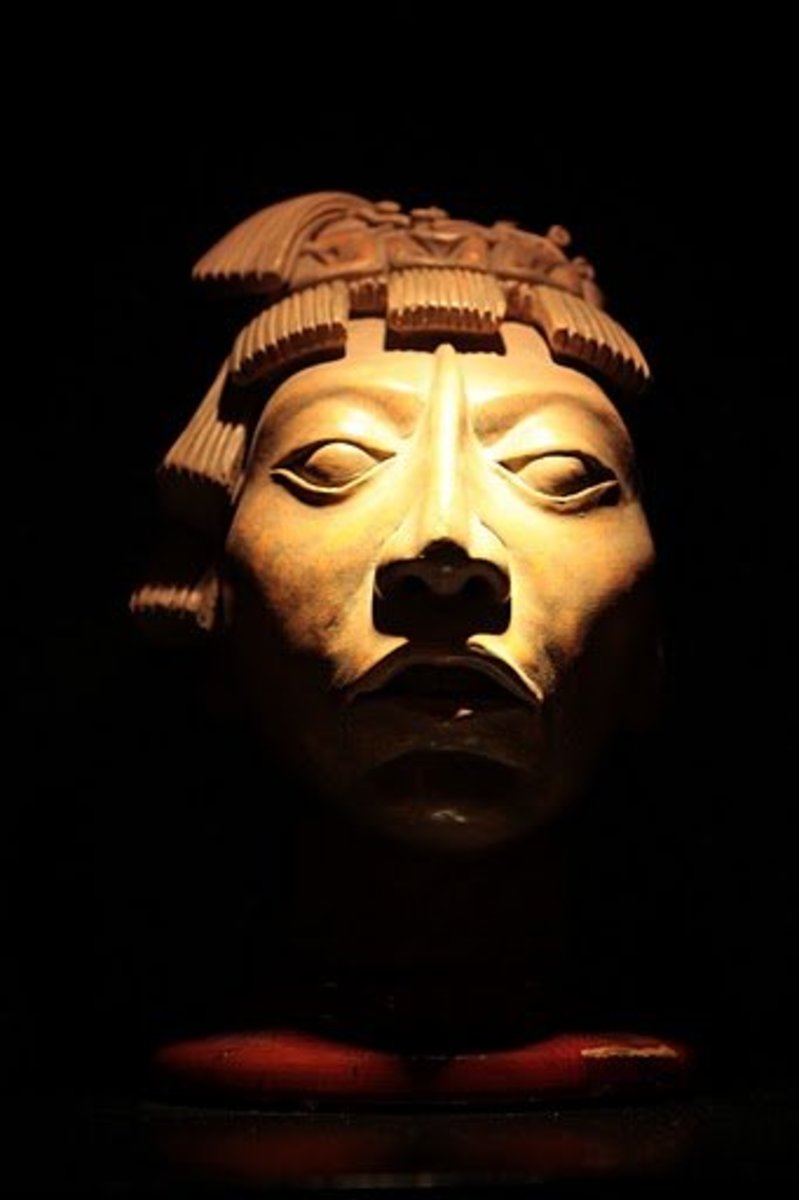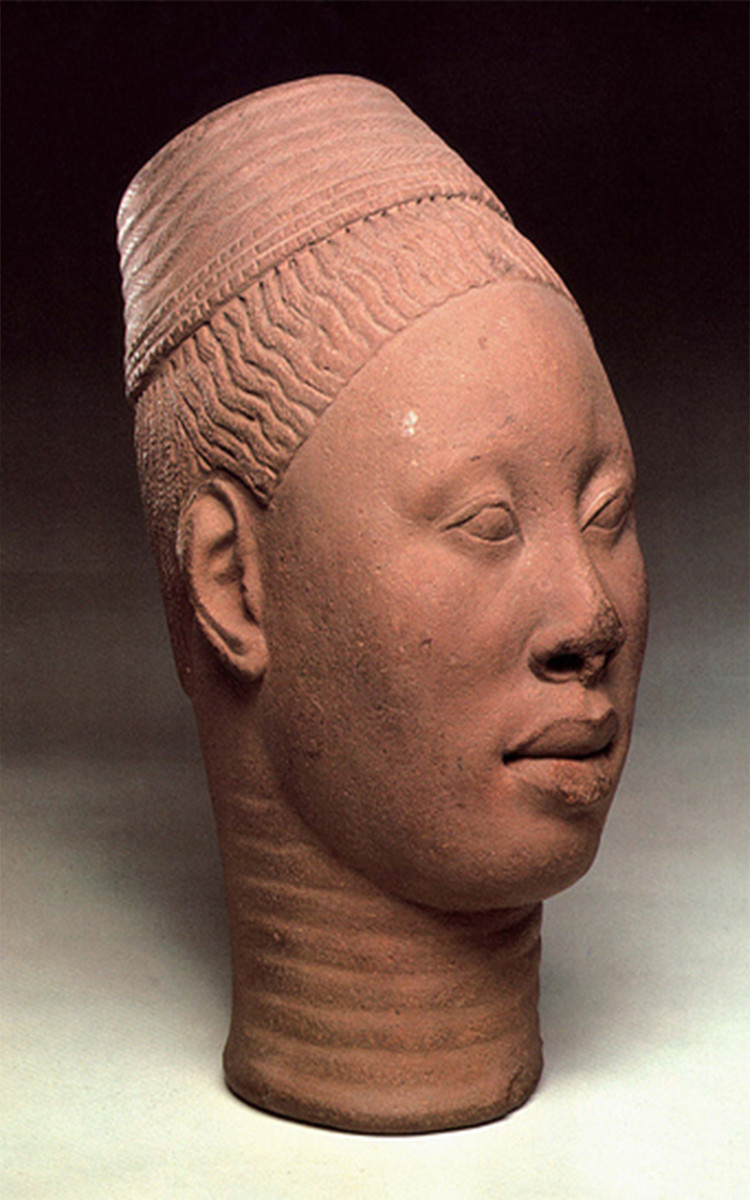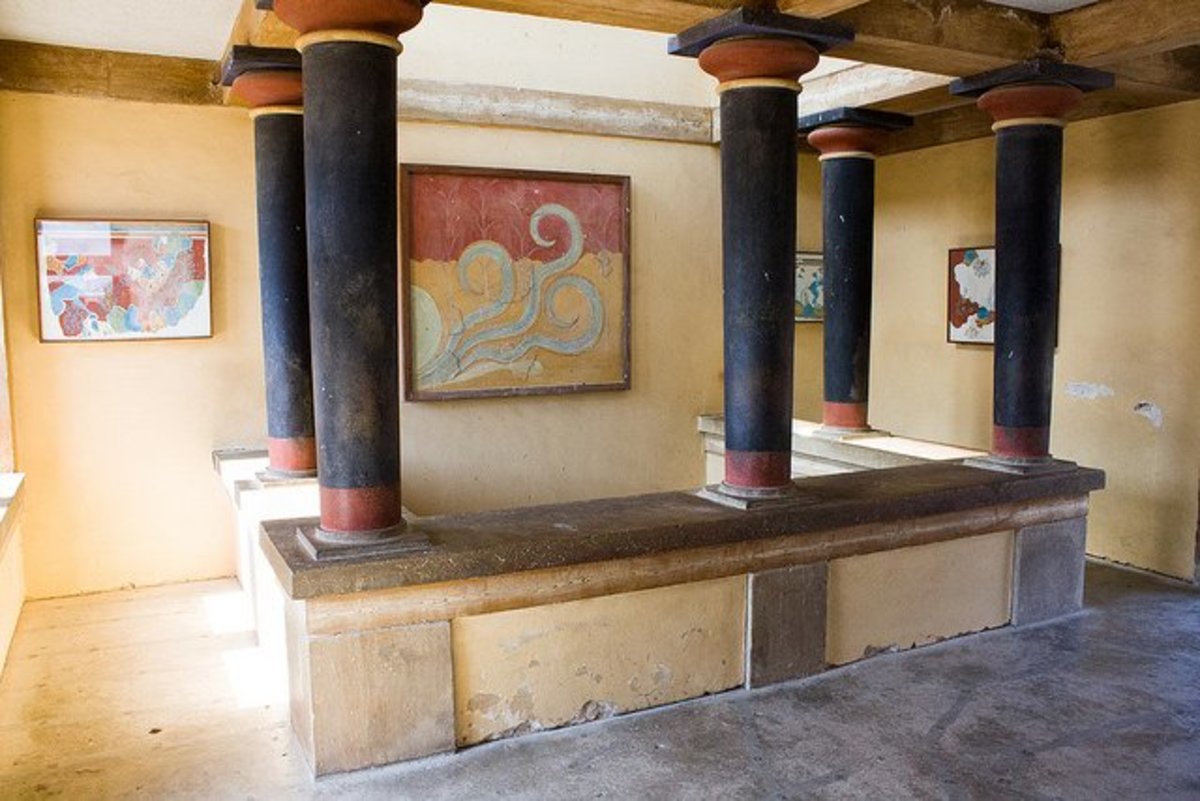Lost City of Atlantis Found...Again


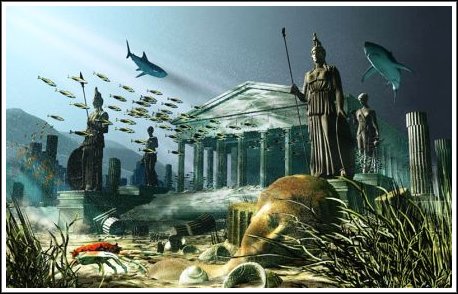
· Archaeologists Claim They’ve Found Lost City of Atlantis: Huffington Post December 17, 2009.
· Lost City of Atlantis Found (maybe): Examiner December 17, 2009
· Lost City of Atlantis Discovered? Daily Mail December 20, 2009
Every so often headlines like these pop up and once again a wild media frenzy ensues. And for a short while all we hear are interviews with this or that expert. But, when it becomes evident no one is going to start selling tickets the novelty soon wears off.
However, for something to be lost, it has to have existed. What proof is there Atlantis was real? The only original reference comes from Plato around 360 BC in his dialogues of Timaeus and Critias.

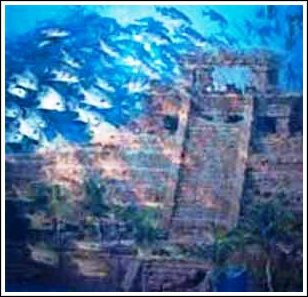
This is a brief summary of the story: Atlantis was an island in the middle of the Atlantic Ocean beyond the Pillars of Hercules, on which there was a magnificent refined civilization. Over 11,000 years ago its’ people prospered due to natural resources on their island which made it a Mecca for trade and commerce.
The inhabitants of Atlantis worshiped Poseidon, god of the sea. Poseidon fell in love with a mortal woman, Cleito, and he created a dwelling at the top of a hill near the middle of the island and surrounded it with rings of water and land for her protection.
The union between Poseidon and Cleito produced five sets of twin boys who became the first rulers of Atlantis. The island was divided among these twins with the eldest, Atlas, becoming the first king.
On top of the central hill, a temple was built honoring Poseidon. In this temple was a giant gold statue of Poseidon riding a chariot pulled by winged horses. It was here the governing body of Atlantis would come to manage affairs of state and pay tribute to Poseidon.


The Atlantean people lived simple, morally virtuous lives for generations. However, as all great civilizations, greed and power slowly began to corrupt them. When Zeus saw the eminent corruption of the Atlanteans, he and the rest of the gods gathered to decide their fate. They determined the island of Atlantis was to be swallowed by the sea. Atlantis sank into the ocean "in a single day and night of misfortune".
So the legend goes. But, there are many who believe the tale to be complete fiction. Others believe the story was inspired by catastrophic events which may have destroyed the Minoan civilization on Crete and Thera. Still others hold it to be an accurate description of a long lost and almost forgotten land.
However, Plato's references of Atlantis were not intended to be a fully documented account of what was in his manuscript. So, what we have are a couple of abstracts concerning a very old story. And old stories are known for being embellished, added to and exaggerated. Despite this, Plato's account is extremely similar in many details with one spectacular event in the Eastern Mediterranean…the explosion of Thera in 1650 BC.
Plato’s type of writing often used conversations between people to express his ideas. In the story of Atlantis, Critias tells the story of Atlantis, apparently having been in his family for generations. Poseidon established the city of Atlantis. The city had walls, canals, hot water and cold water fountains and farming irrigation systems.

The first to believe Atlantis was more than a myth was Ignatius Donnelly, an author in the 1800’s. He believed the city actually existed but was destroyed by a natural disaster. In 1882, Donnelly published his book Atlantis, the Antediluvian World. In it, Donnelly states Atlantis was somewhere in the middle of the Atlantic and was where civilization began. And through colonizing places like Egypt, civilization migrated to the rest of the world.
That’s a great theory. The only problem is, it has been proved scientifically impossible for the lost city of Atlantis to have been located in the middle of the Atlantic. There is simply too much sediment covering everything on the ocean bed and not enough time since it’s destruction for it to have been fully covered up. Since that publication, there have been many other theories concerning the city’s location. Some have said Switzerland, others Borneo, Bolivia and even New Zealand.
Documentaries have been produced claiming the location of Atlantis has been found. However, catch words such as ‘could have been,’ ‘perhaps,’ ‘maybe’ and apparently were used extensively in their narrations. Is this conclusive proof?
Another person, K. T. Frost, a history professor, had a logical argument as to the city’s location. According to Frost, the city of Atlantis was not such a farfetched idea from what Plato had described. Frost stated the city of Atlantis was the Minoan civilization located on the island of Crete. The island of Crete was the center of the Minoan Empire, having a large navy and one of the most sophisticated civilizations of the time. The Minoan Empire just disappeared when a volcano ten miles off the island of Crete erupted.
Researchers argue whether and how much of Plato's story or account was inspired by older traditions. Some argue Plato drew upon memories of past events. The possible existence of Atlantis has been debated throughout the centuries, but the concept was usually rejected.
As author Alan Cameron candidly asserts: "It is only in modern times people have taken the Atlantis story seriously; no one did so in antiquity."
Plato's accounts have inspired the works of several Renaissance writers such as Francis Bacon’s New Atlantis. The book describes a utopian society ‘Bensalem,’ located off the western coast of America. A character gives a history of Atlantis similar to Plato's account. And even today Atlantis influences literature, from science fiction books to movies. Its name has become synonymous for any and all supposed lost civilizations.
Edgar Cayce first mentioned Atlantis in 1923. He later suggested it was originally a continent-sized region extending from the Azores to the Bahamas, holding an ancient, highly evolved civilization having ships and aircraft powered by a mysterious energy crystal. Then again, he also predicted parts of Atlantis would rise in 1968 or 1969. Cayce and others have often described Atlantis using techniques associated with ‘psychic archaeology.’
How long will we have to wait before someone discovers Atlantis…again?




